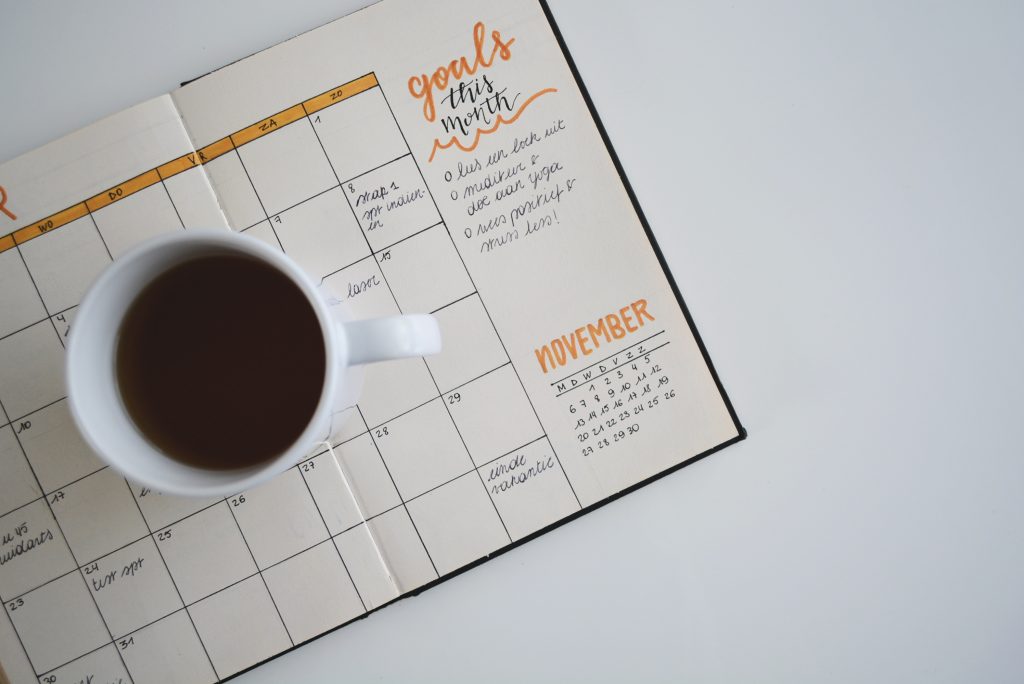7 Tips for Living With Depression

Living With Depression
In this article, I will be discussing seven basic ways to help when living with a depressive disorder. Anyone who suffers from depression knows how hard it can be to live life day-to-day. It can consume you and make you feel like you can’t get out of bed. Most people are still searching for ways to take control and get their life back into motion; but, it is always nice to have some help when doing so.
After over a decade of dealing with Major Depressive Disorder, I have finally begun to take control of my life and find ways to cope with the deep depression that has consumed me for so long. Each item on this list is something that I have found helps ease the daily hindrances caused by depression; I use these weapons to help me in my everyday battle.
Tips for living with depression:

-
Develop a routine start with small tasks; set attainable short-term goals.
This minor adjustment to your daily schedule can be a huge step in learning to live life while battling depression. Start small, make a list of things you would like to accomplish every day. For example, get up and brush your teeth, take your medicine and/or vitamins, eat breakfast, and build from there. Developing a routine helps you to feel like you are accomplishing things, even if they are small victories. Eventually, once you have gotten into this habit, you can add new things and accomplish even bigger goals!

-
Make sure you are eating healthy and getting exercise.
When you are depressed, it can be hard to focus on providing your body with healthy, nutritious food, or even eating at all. A healthy diet gives you the energy you need to take on the day. Make sure you are drinking lots of water as well; being dehydrated takes a toll on the body and mind. Additional to these, exercise is also a very important part of improving your mental and physical health. Being physically active not only makes you stronger, but it also causes the brain to release endorphins that increase your mood. You don’t have to start big, no need to go sign up for a 5K. Simply begin by taking a walk every day, and you can gradually increase your activity as you feel comfortable.

-
Be sure to get the right amount of sleep.
Insomnia is a common problem for people suffering from depression. Lack of sleep deprives people of the necessary energy required to accomplish everyday tasks. However, there are ways to combat insomnia and get back to a healthy sleeping schedule. First, you can start by waking up at the same time every day. Make sure not to sleep in too late, or get up too early. Eliminate alcohol and caffeine from your diet, or at least minimize your intake. During the day, limit the number of naps you take, not doing so can make it harder to sleep at night. Lastly, make sure your sleeping environment is comfortable; and also try not to spend too much time doing other activities in bed. These few rules can help you put your body on a schedule that will, in turn, make it easier for you to obtain a healthy amount of sleep.

-
Take on responsibilities and stay involved.
When dealing with depression, it can be difficult to do even the simplest of tasks, but if you withdraw from responsibilities completely, the results are even more detrimental. For this reason, it is important to remain involved with the world around you. As you do this, remember to take it slowly, only participate at a level in which you feel comfortable, but try to go out and do things with friends, or get involved in the community or at school/work. If you would prefer to surround yourself with people you don’t have to interact with, try going to a coffee shop and reading a book. Putting yourself in even the smallest of social situations, and getting yourself out of bed to experience life will help to promote a healthier lifestyle.

-
Challenge your negative thoughts.
This has proven to be a very helpful coping mechanism in my own experience. People have a tendency to ruminate, which means they dwell on negative things. Try to get out of this habit by stepping back and reframing your state of mind. Focus on what you are doing right. If it helps, at the end of the day making a list of all the things you did well, big or small. Also, you should avoid living in the past, but try not to worry about the future either. Most importantly, do not think of yourself as a victim or see yourself as being weak. You are a survivor. You are battling an illness. It may be one that is not visible and it may be difficult, but you are still trying. I mean you are reading this article aren’t you? That in itself is something.

-
Talk to someone.
Be sure you are talking to someone. It doesn’t have to be a doctor or a therapist, it could simply be a friend or family member. Avoid cutting yourself off and thinking that no one wants to hear what you are going through. If you don’t feel like your family or friends really understand your struggle, then you may benefit from seeing a professional. Call your family doctor, or find a local therapist. There are resources online that can connect you to a therapist, such as a website therapists.psychologytoday.com.

-
Don’t be afraid of medicine.
Talk to your doctor about depression medications. There are many different types of remedies to choose from. If you don’t feel comfortable with the idea of taking corrective medication, ask a doctor about natural supplements that could help combat depression. Fish oil and Vitamin D are two natural supplements that have been known to help depression, but there are much more as well. It is perfectly okay to have a little help to get you headed in the right direction.




Interesting
will try that